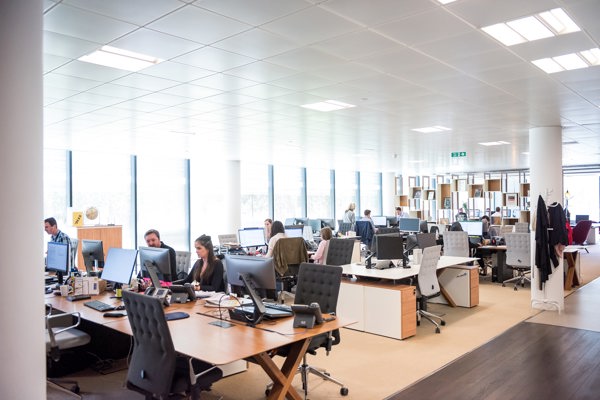Flexible working has been around for a long time, also synonymous with part time working. I have never liked the word "part time" as there was always the feeling that you have more days off in the week than your colleagues, or that you are bunking off. But the reality is that you still have a responsibility to your clients, you still have the deadlines to meet, you still need to prioritise your work and manage your client's expectations. The bell doesn't ring at 5 o'clock.
My own experience is that I have worked and continue to work four days a week for the last 11 years, Friday being the day I do not work. The trigger was pregnancy and being immobile during the latter months of my pregnancy. After the baby was born (sorry, his name is Max!), I contacted HR and we briefly discussed flexible working and the Partner approved my application. The application asked for a reason, and my reason was child care. I don't think I paid attention to the other "reasons", or if I would have qualified to work flexibly had I not had Max. Choosing a Friday had its endless benefits. It was a longer weekend. Grandparents and cousins live in the West coast, so travelling on a Friday meant more family time with loved ones. Even now, and another child (her name is Mila!) Fridays are still my day. Edinburgh schools finish at 12 allowing early pick up and spending time with the kids before getting them ready for extra-curricular activities.
Initially flexible working didn't start well. I would check e-mails, try to respond, make an exception when there was a completion on, and so I would often forget I didn't work on a Friday, or maybe it was guilt. As the years went on, I have got better at this, and it's largely due to reliable and trustworthy colleagues from the start of my flexible working life to this day, who would cover my work on a Friday or at the very least send a holding e-mail to clients until I returned. They will often remind me "you don't work on a Friday". In any event, clients also acknowledged I didn't work on a Friday, and that helped greatly.
Whilst child care was the initial reason for me working flexibly, other benefits followed. Now that both children are at school (albeit they finish at 12), I have some time for myself before family life takes over again. I can exercise, meet a friend for coffee or go for a walk. Simple activities but very fulfilling. I have started to enjoy my own company.
I am seeing more and more people working flexibly, either because they have to or they choose to. One initiative which has worked well in my firm is "agile working", not to be mixed up with flexible working. My firm fully supports agile working seeing the primary benefit as the employee's well being. It allows you to work your contracted hours from where you wish to - a combination of working remotely or in the office. Everyone in our profession has now been forced to "wfh" in the last year and so know all too well whether that suits them or not. Agile working allows us to balance work and home life, giving the flexibility of taking breaks yet remaining productive. Travel is a huge part. Whilst I only live 15 minutes' walk from the office, many have a long commute and so breaking up the week by working from home some days if you choose, saves valuable time.
There needs to be a degree of self-discipline and responsibility that comes with agile working. We run a business after all, and so client service is key. However, the main point I would like to make is the support I have had over the years. We don't all get to choose our colleagues. With time, we build important relationships with them and build respect, trust and reliance. My team at Morton Fraser has always supported my flexible working, and I know I can rely on each of them to cover any urgent work on a Friday which gives me great comfort.
First published by The Law Society of Scotland


